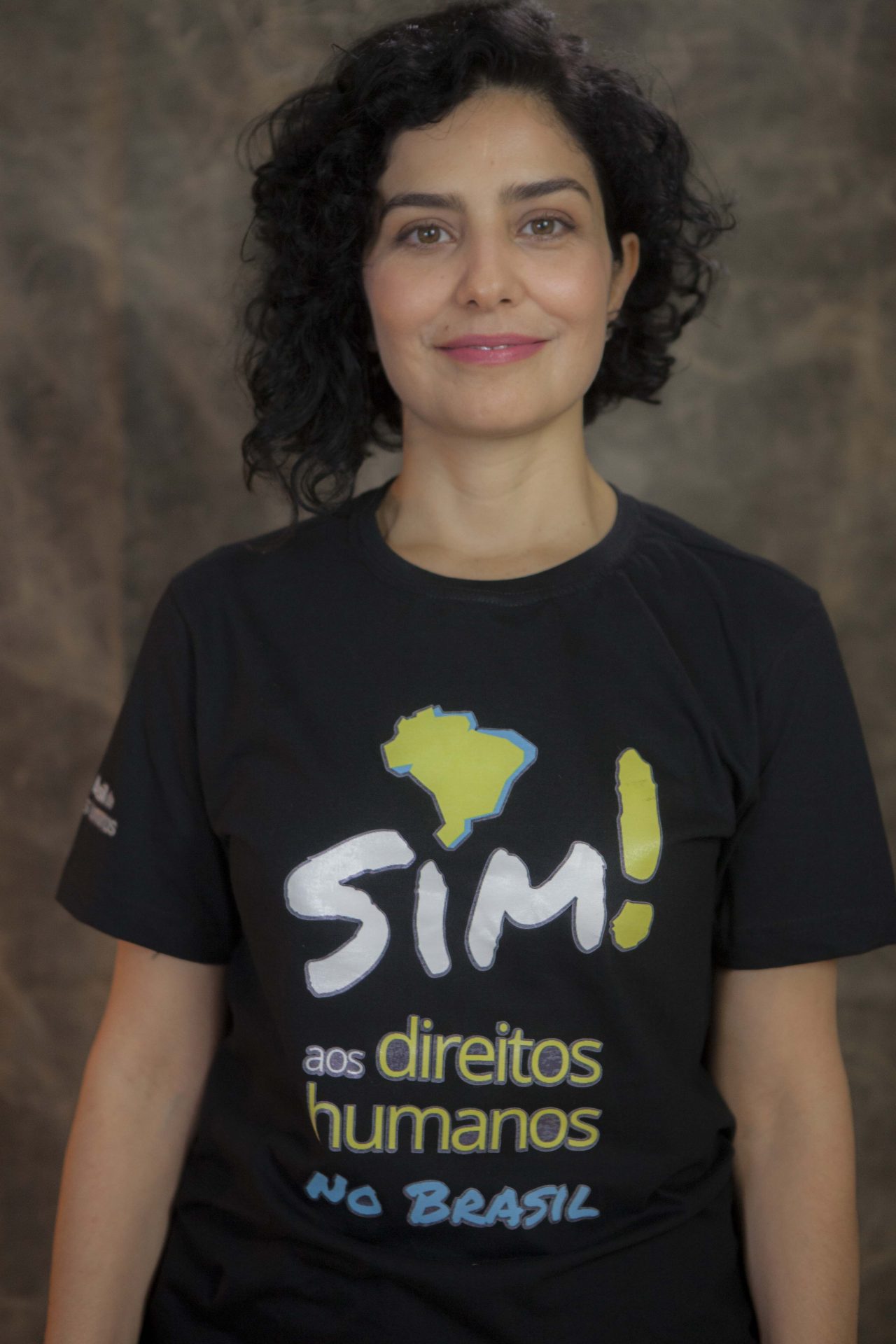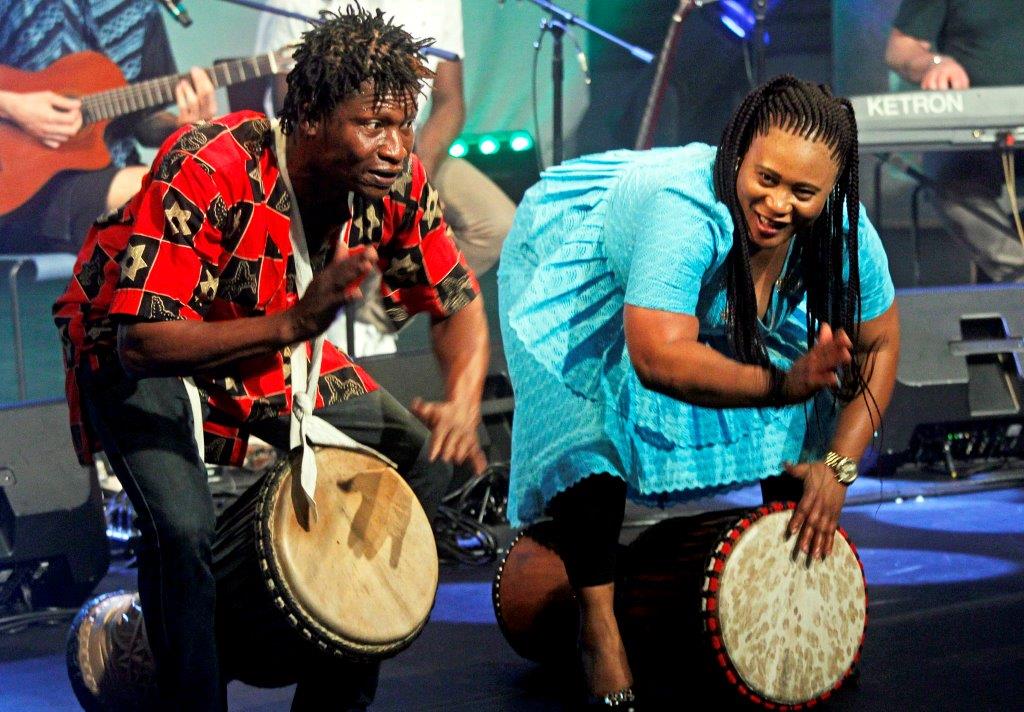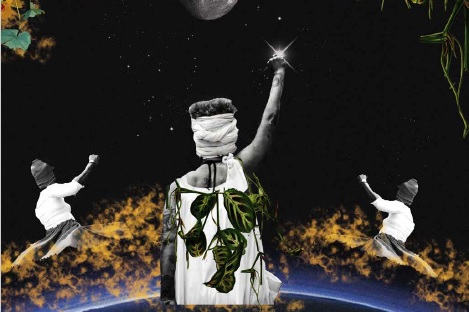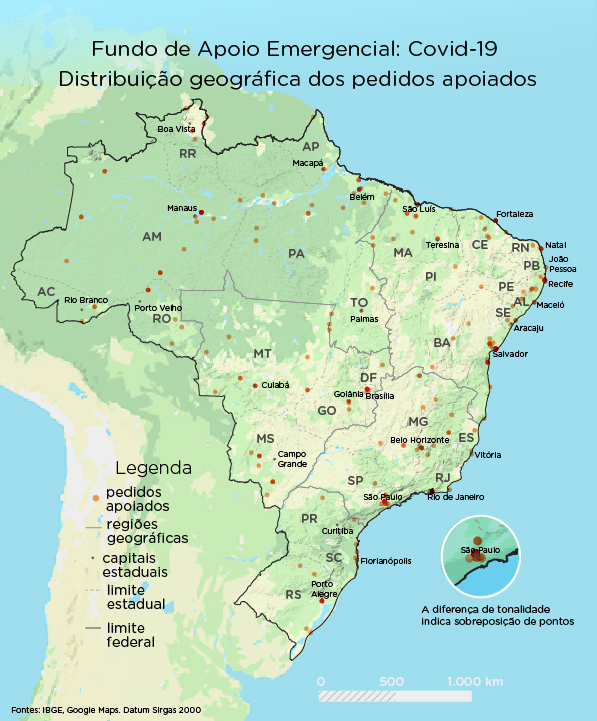On the banks of the River Purus, in southern Amazônia, two hours from the capital of Acre, Rio Branco, lie the Apurinã e Jamamadi villages. They are situated on the Lourdes/Cajueiro Indigenous Lands. This territory is shared between two ethnic groups as well as the Apurinã do Valparaíso Indigenous Land. These two villages are no longer very isolated, or free, as they prefer to say. Since the 1950s these groups have been massacred for the exploitation of natural resources on their territory and have seen many of their people wiped out by the illegal exploitation of vegetation, poaching and commercial fishing, which has forced the groups to radically change their habits.
Those who witnessed the disappearance of the first generations, due to the interference of white people, try to protect the territory and to keep people alive. The struggle for life is a daily one, because of conflicts with farmers, loggers, poachers and fishermen who raid the indigenous territories. These territories have been awaiting the conclusion of the identification and delimitation studies of their lands, since 1991.
“In this unfavourable political climate, one that has been going on for years, the process of securing land regulation has become slower and more complex. The same is true of the efficacy of inspections that should be carried out by the designated organs.” Explained Francisco Apurinã, vice-president of the Instituto Pupỹkary.
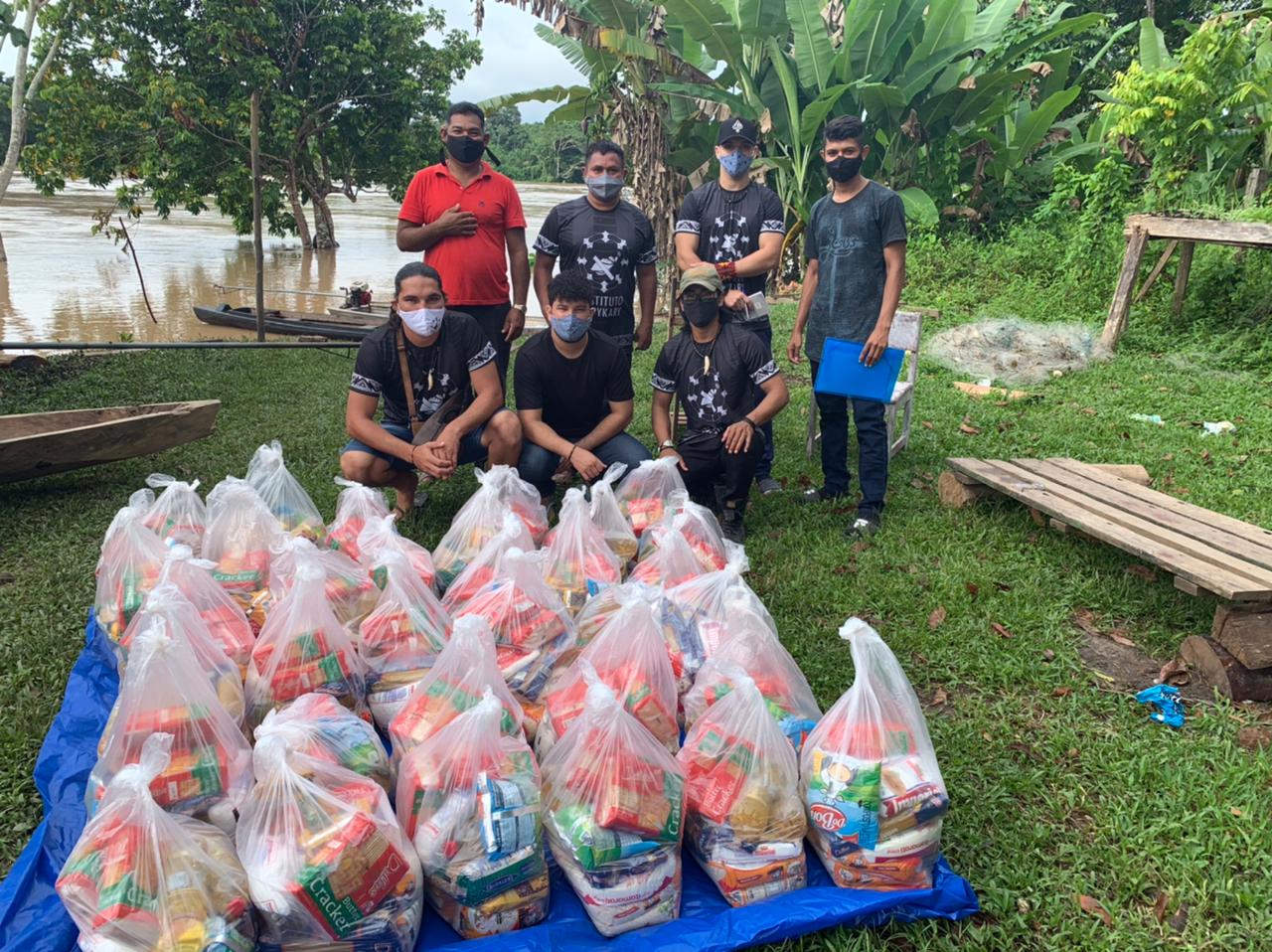
Food collection for the Apurinã and Jamamadi villages. Photo: Instituto Pupỹkary
Instituto Pupỹkary was founded in 2019, with a view to defending the lives and territory of the Apurinã indigenous people, who call themselves the Pupỹkary.
“We created the Institute to work on a number of lines of action, but principally the territorial and environmental protection of our land. Because the way we indigenous people see the world and the land is different from the way non-indigenous people do.” Said Francisco Apurinã.
He explains their concern with the way people from the cities regard the natural richness of the forests. “We look to conservation and to maintaining the natural resources of the forest and the lives of those who live from it, so that which was created and left by our ancestors can be infinite. People who are not from here only see profit and want to consume these assets.”
The Foundation of the Institute
Instituto Pupỹkary came about based on the memories and experiences of the people. Ideas were gathered slowly, based on the local demands for resistance and survival. Once a number of the young people had gained specialist knowledge in the areas of anthropology, environment, accounting, health, administration, linguistics, law and others, this formal learning was combined with the epistemic and ontological knowledge of their people and they took the decision to fight to guarantee and promote their rights.
“The conversation attracted a number of indigenous thinkers and intellectuals of the Apurinã people as well as sages, the bearers of our knowledge. So much so that our statute was put together on the basis of the Pupỹkary ethnic characteristics. The identity and essence of the Apunirã people underpin our statute.” Francisco said.
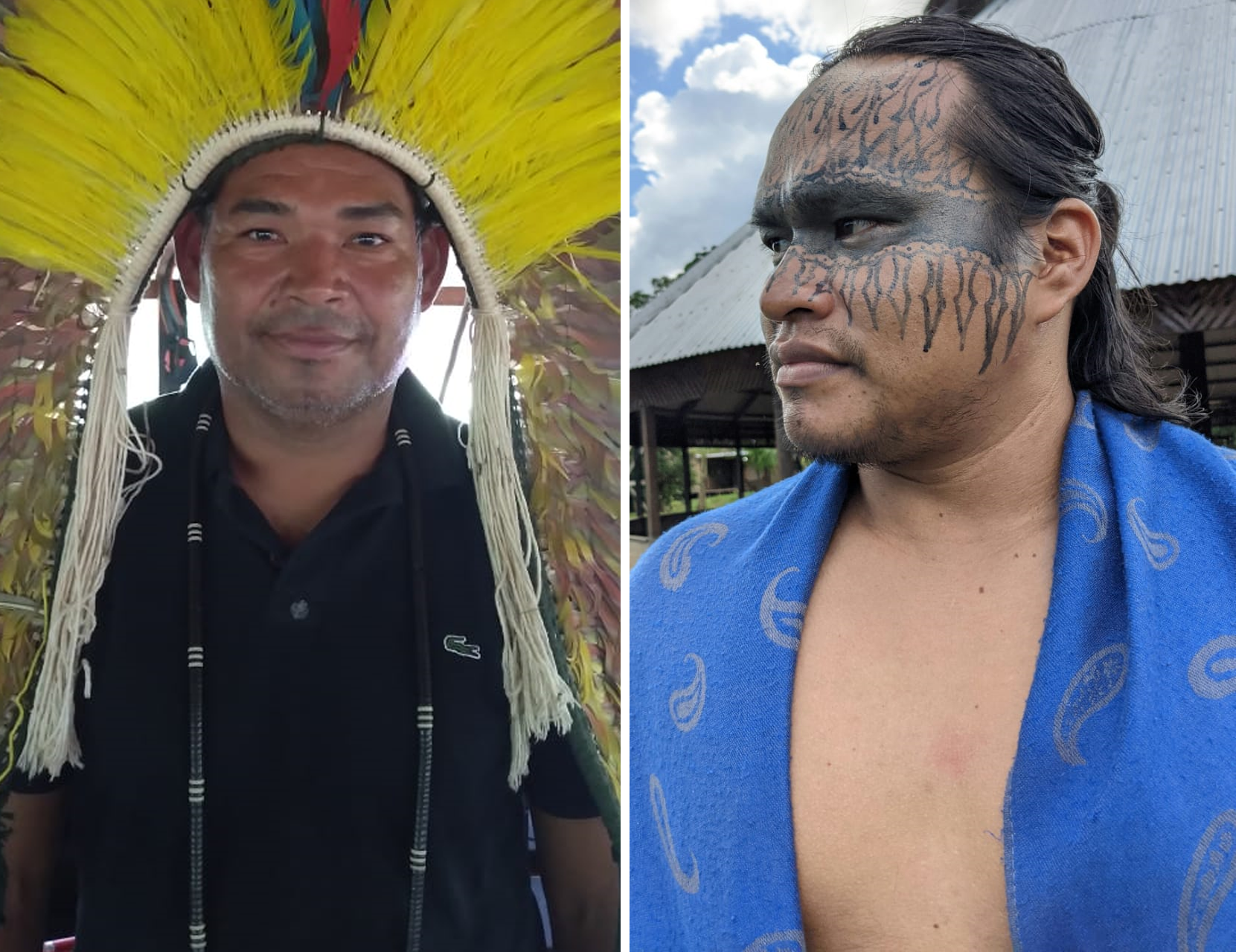
Airuka Apurinã (left) e Reinaldo Luis Apurinã (right.) Photo: Instituto Pupỹkary
Reinaldo Luis Apurinã, of the Camicuã village, participated in the course in project development and management held in February 2021, organised by the Instituto Pupỹkary with the support of the Brazil Fund SOS Amazônia programme. The community where he lives also received help in the form of food baskets and personal hygiene products to tackle Covid-19. For him, the creation of the Institute changed the lives of the indigenous people in the region.
“It is a dream come true to see this space coming together. Primarily, the fact that it has been done by Apurinã indigenous people who got an education in the city and came back to help our people. This return to the villages has given us so much strength and has prepared us to face the different problems we experience every day.” He said.
Next steps
The Institute does not yet have a space in which to open up headquarters. It is located in the capital Rio Branco, 200 km from the villages which are in the municipality of Boca do Acre. The members recognised a need to be in the centre of the city, in order to be seen and to get resources and support for the villages.
“We are going to set up our headquarters in the future. We have just started out and are taking it one step at a time. It is all set out in our plans. However, what we most want now is to take care of our relatives and territories. We are going through difficult times, but we cannot sit back and wait for this dark period to pass without doing anything, because we don´t know when that will be. So, we must continue fighting and working on this and other projects that we have in mind.” Explained Francisco Apurinã.
The next steps include putting on courses, on-going training and consultations on implementing public and indigenous policy as a way of guaranteeing rights and protecting these people. “Our main objective is the territorial and environmental protection of our land and the lives of those who live there, both human and non-human.” He added.
Tackling Covid-19
One of the elders of the Apurinã fell victim of the Covid-19 pandemic, but now the situation in the villages is more controlled. The community lives from subsistence farming, Brazil nut extractivism, making and selling handicrafts and hunting and fishing. But the Apurinã and Jamamadi families have had many difficulties.
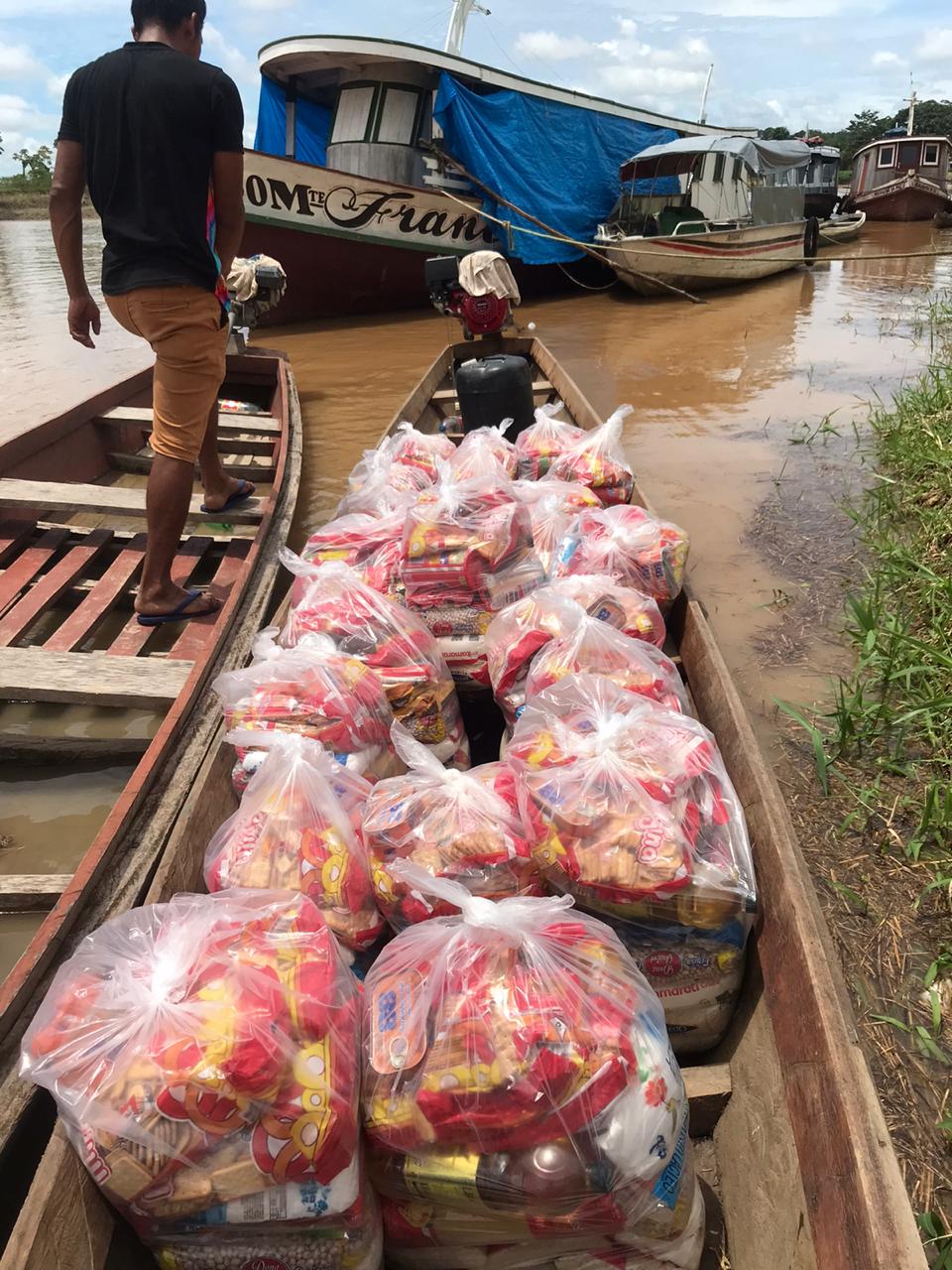
Delivery of food baskets. Photo: Instituto Pupỹkary
“Sadly, some indigenous people were contaminated at the time when we lost the elder, Moacir Jamamadi, who fought bravely to stop the illegal exploitation of natural resources. This is driving us to defend our territories from raiders who along with their illegal practices, are bringing the virus to our villages.” Francisco told us.
The families who live in the villages of the Lourdes/Cajueiro and Apurinã do Valparaíso Indigenous Land practice social isolation as recommended by public health authorities because of the pandemic. This isolation, however, also means assistance from public authorities is prevented from reaching the families. Part of the resources donated by Brazil Human Rights Fund has been used to tackle the consequences of the pandemic.
“We are distributing food baskets, personal hygiene materials and household cleaning products to avoid contamination. We are also working on awareness so the families who have stayed in the villages do not go into the city. In addition, we are using our traditional medicine to help combat Covid-19 and this is how we are managing to stay safe. The support from Brazil Fund has been very good for our people.”
Airuka Apurinã lives in a house with six people in the village. He talks about the challenges they are facing to survive in the forest.
“We have a difficult life working in the forest, breaking nuts, planting corn and rice on the farm. There was a flood and the water carried away the vegetables we had planted. We lost it all. When it´s not water, it is fire that takes everything. The Institute helped a lot with food, because we had nothing to eat.” Airuka recounted.
Emergency Support – SOS Amazônia
SOS Amazônia is a rapid response fund that Brazil Fund allocates for emergency situations experienced by indigenous organisations in Brazilian Legal Amazônia.
Brazil Fund relies on a partnership with Coordenação das Organizações da Amazônia Indígena Brasileira (COIAB – Coordination of Organisations of Indigenous Brazilian Amazônia) to make this project possible. The emergency fund has the support of Global Wildlife Conservation (GWC), No Peace Without Justice, Nia Tero and Instituto Galo da Manhã.
SOS Amazônia supports initiatives that aim to protect areas threatened by fire, deforestation and by the activities of goldminers, loggers and fishermen and that seek to ensure the protection of indigenous land where isolated peoples live under imminent threat, as well as projects that focus on ensuring the safety of indigenous people and organisations who are under threat and are victims of violence
Funds of between R$10 and R$50 thousand can be applied for in each request.
Bearing in mind the current scenario of the Covid-19 pandemic in Brazilian Amazônia and the emergency need to combat and mitigate the effect on indigenous people and communities, support has also been allocated to humanitarian aid, ensuring basic and emergency support, like food, hygiene, cleaning products, access to water, among others.
According to representatives of Instituto Pupykary, around 400 people have benefitted from the support.






















